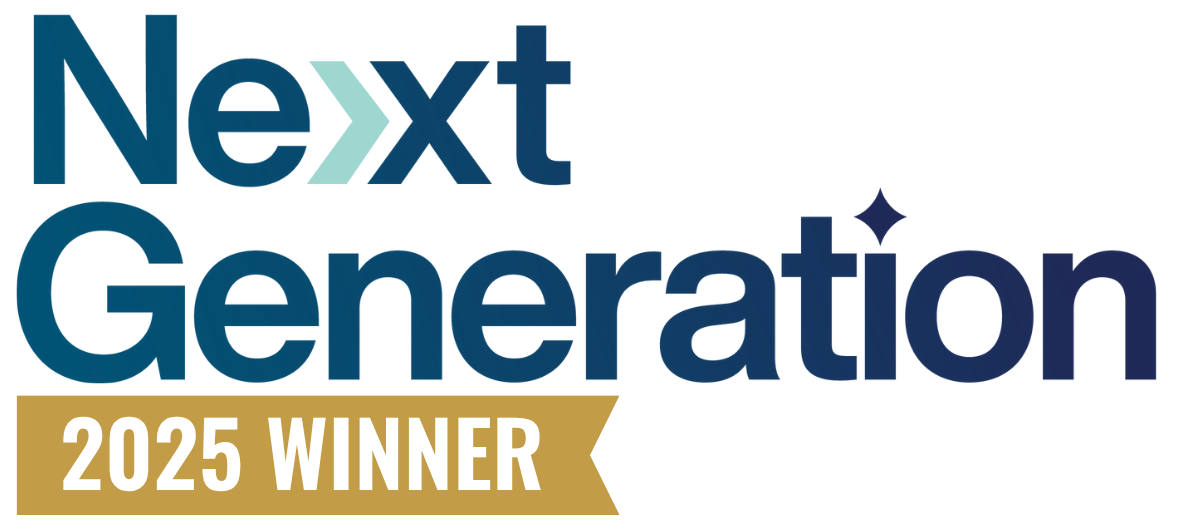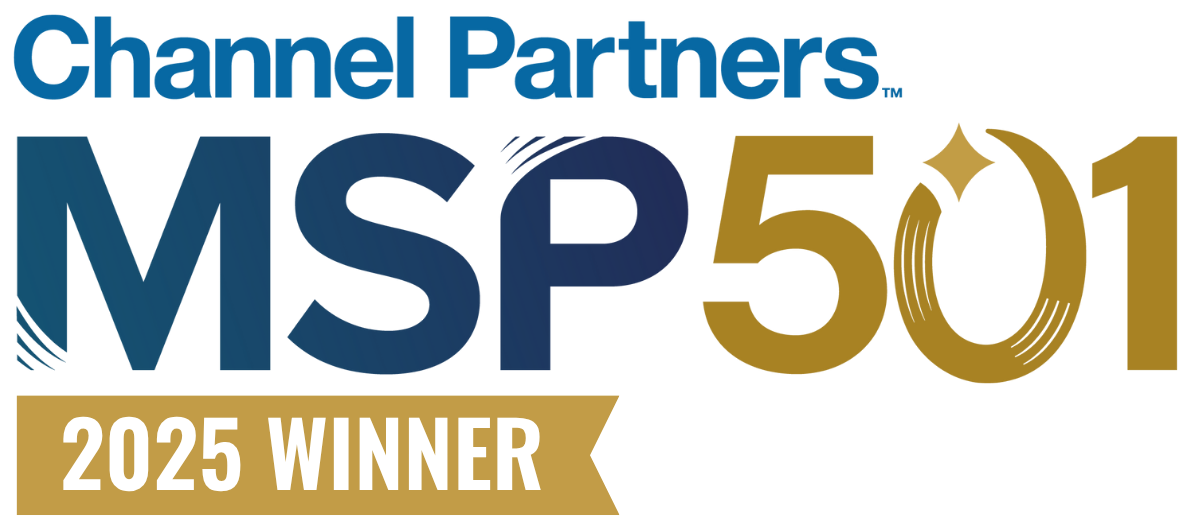Today’s businesses continuously look for ways to remain agile when facing an ever-changing digital landscape. With technology changing constantly, it’s necessary that companies regularly audit their systems and equipment to ensure they maintain the same level of efficiency they had in the past.
However, as businesses strive to refresh their legacy office equipment and software, the costs associated with this upkeep can continue to grow. And if companies aren’t careful, the return on investment for this initiative can get lower and lower each passing year.
In some cases, replacing legacy business systems and equipment altogether is more cost-effective than continuously maintaining and upgrading them. Here are five common pieces of legacy technology that may be holding your company back and what you can do about it.
1. Single-Function Office Printers
Printers and fax machines are essential equipment in most office settings, and keeping them well maintained can increase employee productivity. But as your company scales, the time and effort it takes to troubleshoot multiple devices while keeping them updated can be challenging.
An excellent alternative to using legacy single-function office equipment is investing in a multifunction printer (MFP). Multifunction printers are a more efficient way for organizations to manage their print and copying needs. Capable of merging all print, fax, and copying needs into one solution, MFPs can manage significantly larger workloads than most single-function devices. At the same time, their integrated software and security are easy to upgrade and user-friendly for employees.
2. On-Premise Servers
Managing on-premise servers and enterprise solutions can have benefits. For example, it gives companies complete control over their data compliance needs and the ability to create customized IT solutions for their business. However, managing these in-house solutions can be costly over time and require a lot of employee bandwidth to maintain.
Transitioning to a cloud-based environment is a cost-effective alternative to managing on-premise servers and allows businesses to significantly improve their workforce’s mobility. Enterprise solutions like Office 365 give organizations access to several business applications in one cloud-based solution and are fully accessible from anywhere in the world.
3. Operating Systems
Most companies in business for several years have built their infrastructures around outdated operating systems. This common issue can cause roadblocks if an organization adopts newer technology that is no longer compatible with these systems. Older operating systems can also cause a significant security risk if they no longer receive regular updates and patches from their developers.
When compatibility issues continue to be an issue, it’s wise to migrate your systems over to a newer operating system for enhanced security, better scalability for your teams, and a more sustainable environment to house your business systems and applications.
4. Traditional PBX Phone Equipment
Private Branch Exchange (PBX) phone systems became the standard in-office communication years ago–allowing businesses to connect all of their internal phone lines into one unified system. PBX systems create efficiency between departments and help manage multiple phone lines. However, with multi-functional flexibility and better cost management, most organizations are now moving over to Voice over Internet Protocol (VoIP) as a more sustainable solution.
Rather than depending on an analog signal, VoIP phone systems allow users to make calls through their broadband internet connection. This makes it much more cost-effective when needing to register multiple phone lines and make long-distance calls. VoIP systems are also multi-functional, allowing users to efficiently conduct video conferencing calls, access digital switchboards, and integrate their calls with CRM systems. Additionally, many VoIP phone systems are cloud-based, removing the need to support and maintain hardware and software on-premises.
5. Cybersecurity Solutions
There is nothing more dynamic in today’s digital landscape than cybersecurity. Most companies invest in traditional antivirus and anti-malware solutions to stay protected from the latest security threats. However, while many of these solutions are regularly updated and patched, they are proving less effective as time passes and cybersecurity risks escalate.
Investing in more advanced cybersecurity solutions such as “next-gen antivirus” is a much safer solution for companies wishing to protect their digital assets. Next-gen antivirus is more than a passive solution for identifying potentially dangerous files and malicious websites.
Instead, these advanced cybersecurity solutions use powerful AI-enabled tools that continuously monitor all endpoints of systems and networks, recognizing anomalies as they surface and actively remediating potential attacks before they surface. With the rise of ransomware and other financially devastating cyberattacks, next-gen antivirus is becoming a necessary replacement for legacy cybersecurity solutions.
It's Time to Upgrade Your Office Technology and Software
Don’t let legacy business technology hold your company back from scaling efficiently. By finding suitable replacements for older systems and software, you can avoid the pitfall of spending too much on your system upgrades and create a more productive and sustainable environment for your business.
Editor’s Note: This post was originally published on April 12, 2019, and has been updated for accuracy and current best practices.





